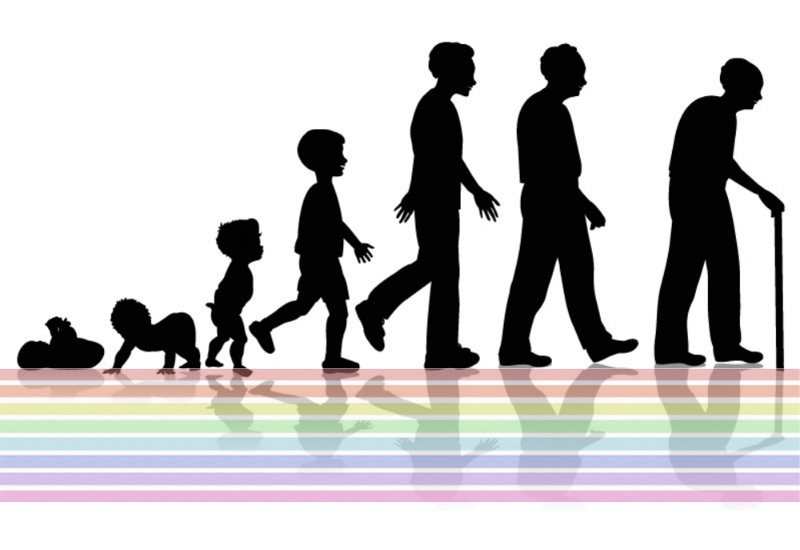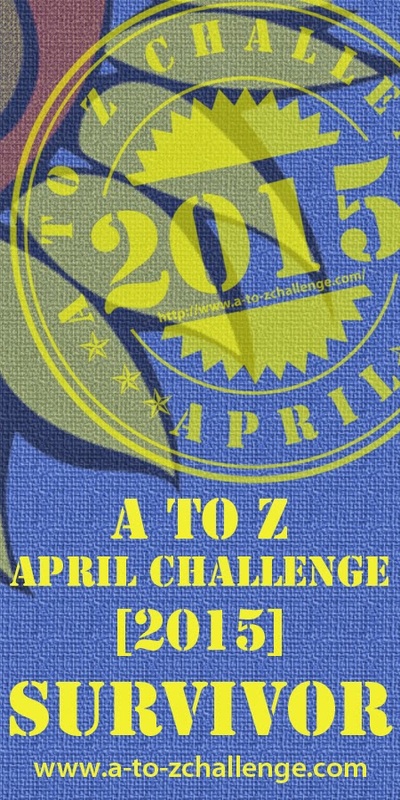
Parenting, of all kinds, requires hard work and determination. We all want the best for our children and try not to let what might go wrong keep us from living our best today.
Positive Parenting
We focus on the positive.
Every now and then, we also have to consider the not so positive. We buy insurance… just in case. We may not want to, but we consider things like writing a will, financial planning, and special needs trusts.
We teach our children to be as independent as possible.
Then, we hope for the best.
Stages
Aging is a difficult topic. We don’t like to think about ourselves being negatively affected by father time, let alone our children. In the Down syndrome community, it’s the least talked about stage of life. We all know the main reason, our children are living longer now than ever before. There just isn't as much information out there. Pressure to stay positive about Down syndrome limits the spaces where we can have honest, open discussions about caring for our adult and aging children.
But think about that – our children are LIVING LONGER. Yes, there may be bumps in the road but it’s up to us to learn how to best support them, however uncomfortable it may be for us.
| Truth: There are several medical issues identified as common among aging adults who have Down syndrome. |
The "A" word
Those of us with adult children have had to face many issues that needed systems change in addition to hard work within our family and community. We were told “No, your child can not attend school,” or “the only program we have in this area is located in our special school,” or even, “the best placement for your child is our special room, they’ve had great results from children like these.” We understands how it "it's always been done this way," works.
We can’t do it alone. Change takes time. We need to start now.
Learn From Others
The College of Psychiatrists of Ireland recommends that every service for people with ID should have a plan for the recognition and management of dementia in people with ID, and that this population should undergo baseline screening and regular repeat assessments.
“…access very much depending on geography.”
Unlike the general population, dementia in someone with an ID or Down syndrome can be more difficult to detect and the subtle changes in someone’s cognitive ability may go unnoticed until all of a sudden there is a dramatic decline in their condition, he says.
“Then you have a family who are suddenly being called on to care for someone with huge support needs.”
Have you thought about continuity of care?
“People with dementia who have Down syndrome should be supported to remain in the home of their choice with the family and friends that they know. Relationship-based care is absolutely key.
“We need to make greater efforts in ensuring those long-standing relationships are maintained,” she said.
It’s not a happy topic, but it is real. Together, we can make positive changes and help today’s patients and tomorrow’s.





 RSS Feed
RSS Feed

